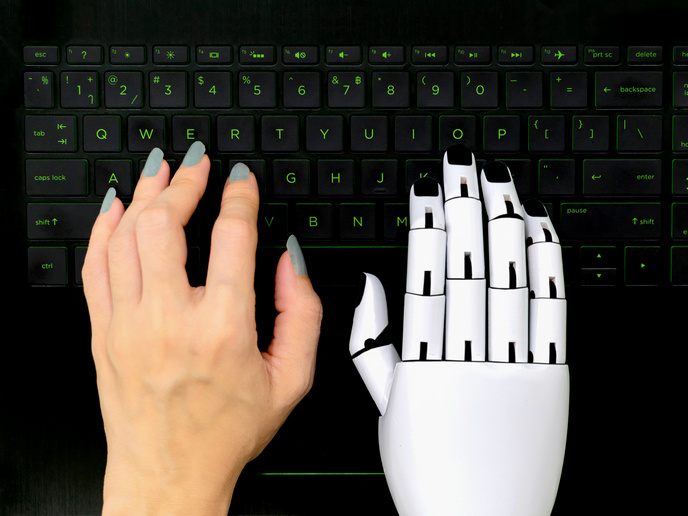Should AI write your work emails?
From correcting grammar to providing suggestions, many workers today are using AI to prepare carefully crafted emails quickly and effectively. The numbers speak for themselves. According to Eurostat(opens in new window), 13.5 % of small businesses in the EU reported using AI in 2024. The figure more than tripled for large enterprises. A report(opens in new window) from Microsoft and LinkedIn that surveyed 31 000 people across 31 countries found that in 2024 more than 75 % of professionals used AI every day at the office. A 2025 study(opens in new window) by the University of Melbourne in Australia involving more than 32 000 workers from 47 countries showed that 58 % of employees deliberately used AI at work. The majority said they had seen some tangible productivity and performance gains from using these AI tools.
The hidden risk of AI-assisted emails
So where’s the harm in drafting professional messages tailored to our needs in just a few clicks and with some adjustments here and there? Even though AI may be helping us say the right things at the right time, a research team from the University of Southern California claims that doing so may lead to credibility issues at work for managers. The findings were published in the ‘International Journal of Business Communication’(opens in new window). The researchers conducted a survey of 1 100 working professionals who were asked to review emails written with different levels of AI assistance. The respondents assessed various AI-generated versions of a message that congratulated a team for meeting goals and setting new objectives. They reported on how they felt about the congratulatory message and the author. The messages written by managers using AI were generally viewed as polished and professional. However, the managers’ emails were perceived differently than those written by the employees themselves. Only 40 % to 52 % of employees thought supervisors who used high levels of AI assistance were sincere, compared to 83 % for those using low levels.
Can AI emails damage trust at work?
“We see a tension between perceptions of message quality and perceptions of the sender,” commented study co-author Anthony Coman, researcher at the University of Florida’s Warrington College of Business, in a news release(opens in new window). “Despite positive impressions of professionalism in AI-assisted writing, managers who use AI for routine communication tasks put their trustworthiness at risk when using medium- to high-levels of AI assistance.” Coman added: “When people evaluate their own use of AI, they tend to rate their use similarly across low, medium and high levels of assistance. However, when rating other’s [sic] use, magnitude becomes important. Overall, professionals view their own AI use leniently, yet they are more sceptical of the same levels of assistance when used by supervisors.” The outcomes are consistent with other recent research. One study(opens in new window) showed how the use of AI in the workplace can damage a person’s reputation. Another study(opens in new window) found that people who disclosed their AI use at work were trusted less by their colleagues than those who did not.



